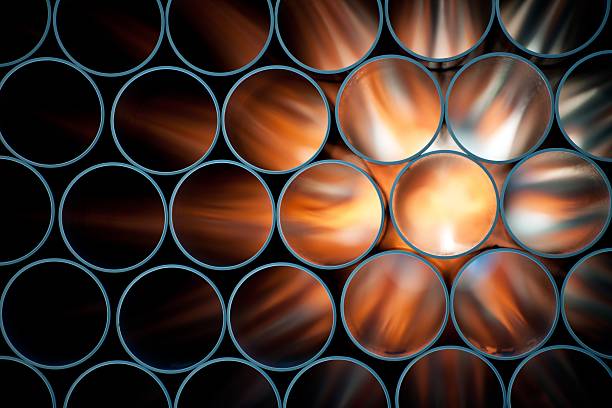The construction industry in Australia has greatly evolved over the years, and innovation in material use has been lean in the development of infrastructures in the region. Out of all the materials that have been presented, PVC conduit, PVC pipe caps, and electrical pipes represent valuable add-ons to any residential or commercial project. These materials have made great impacts on how electrical systems are deployed, making them safe, durable, and efficient.
PVC Conduit: A Staple in Electrical Installations
PVC conduit therefore refers to a particular system or type of piping system that has been designed to contain electrical wiring in order to protect it. That is why it has become popular in the Australian construction industry because it has several benefits in comparison to metallic material. PVC is a common type of plastic polymer that has excellent resistance to corrosion, chemicals, and mechanical impact. This could make it suitable for the other conditions that are commonly observed in Australia.
Some benefits that have made PVC conduit popular are flexibility and lightweight. Unlike metal conduits, which can be complex and time-consuming to install due to their size and mass, PVC conduits are easier to cut and fix, hence requiring less time and cost. Besides, they are non-conductors of electricity, greatly reducing the probability of electric shock to the installers as well as the conduit users.
Why PVC Pipe Caps Are Needed
It is also very important to have PVC pipe caps when carrying out electrical installations. These caps are applied to the ends of the pipes to avoid the penetration of debris, dust, and moisture into the pipe, which can negatively affect electrical safety. Nowadays, adverse weather conditions prevail in Australia, which is why using a PVC pipe cap implies only one goal—to keep electrical conduits safe and clean.
PVC pipe caps are also easily adjustable and removable, making it possible to assemble and modify electrical systems more often. Due to their flexibility, experts in electrical work and construction appreciate the fact that they are closed tightly without the need for other tools or glue.
Electrical Pipes: The Backbone of Modern Electrical Systems
These are conduits used to house power wiring and are part of any building’s construction system. For electrical applications, PVC pipes have become popular in Australia because of their excellent performance characteristics. These pipes, along with protecting mechanical stress and the environment, ensure the long life and reliability of the electrical system.
The most important advantage inherent in PVC electrical pipes is heat resistance. Compared to other forms of plastics, PVC Positively impacts the characteristics of buildings as it is flame resistant, thus making the building safer in cases of fire outbreaks. This is especially the case in Australia, where bushfires and other types of fire within built environment hazards can be drastic.
In addition, due to the favourable interior surface texture of PVC electrical pipes, pulling wires through the conduit is much easier. This increases the amount of time it takes to install the wiring since it decreases the time taken for each wire installation, and it also offers the benefit of reducing the chances of damaging the wires during installation.
Conclusion
Besides the essential utilization, PVC conduit, PVC pipe caps, and electrical pipes are pollution-free products to consider for construction equipment. PVC is actually considered a recyclable material and many manufacturers within Australia are now engaged in recycling processes in an effort to come up with ways and means of recycling this kind of material. One of the benefits of PVC products is it has a very long service life so there are actually fewer replacements and repairs needed hence the effect on the environment is minimized especially in construction projects.

